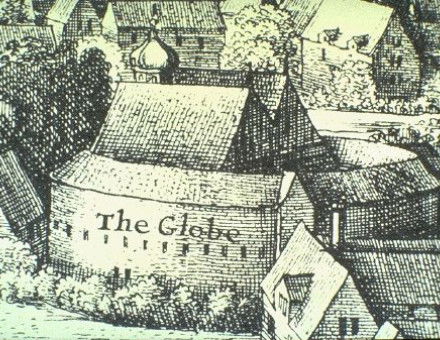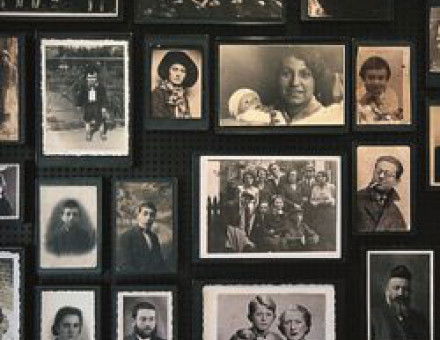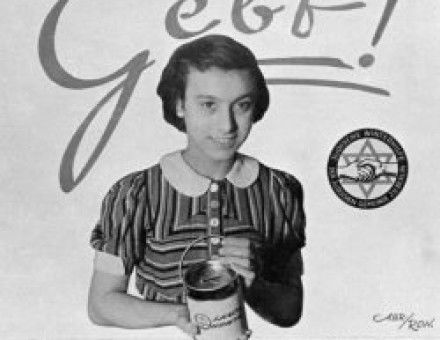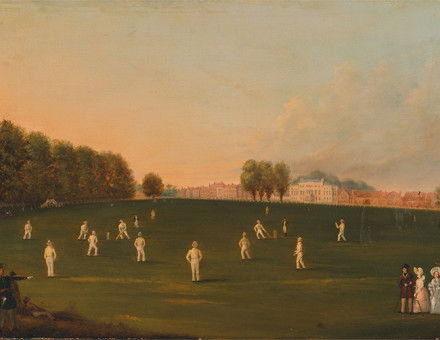When Soldiers Kill Civilians: The Battle for Saipan, 1944
The American soldiers who fought their way through the islands of the Pacific during the Second World War encountered fierce Japanese resistance but few local people. That all changed with the invasion of the Mariana Islands, says Matthew Hughes.








